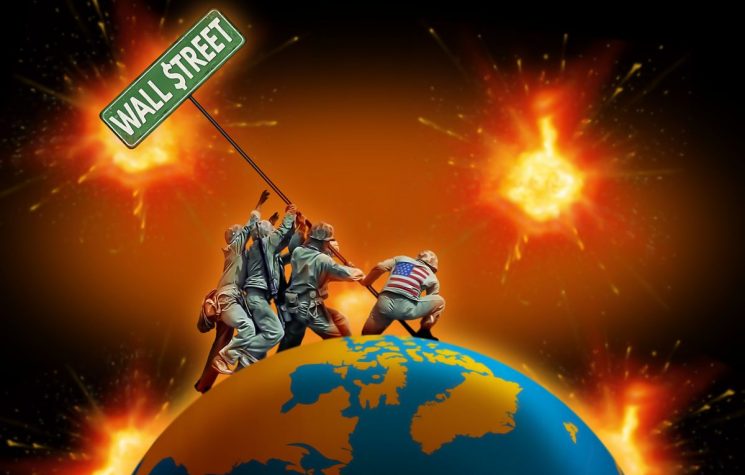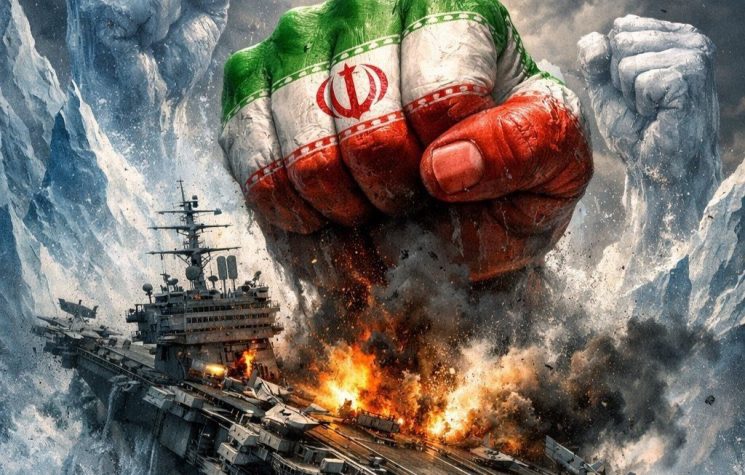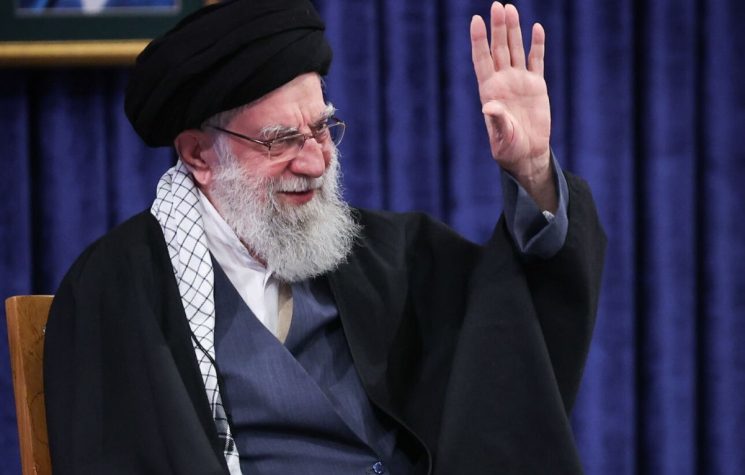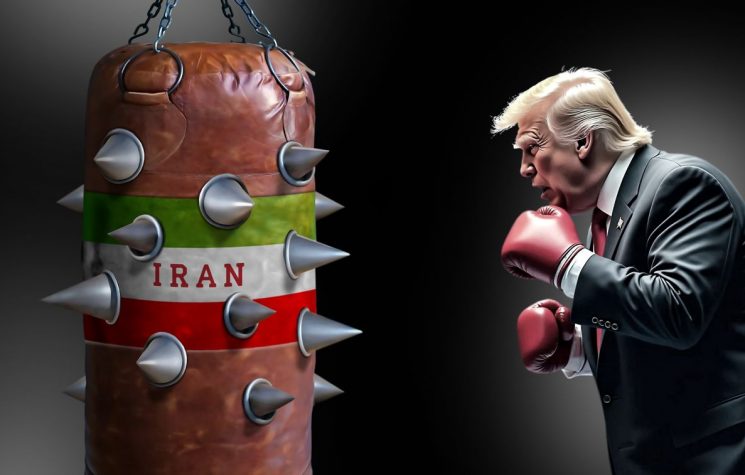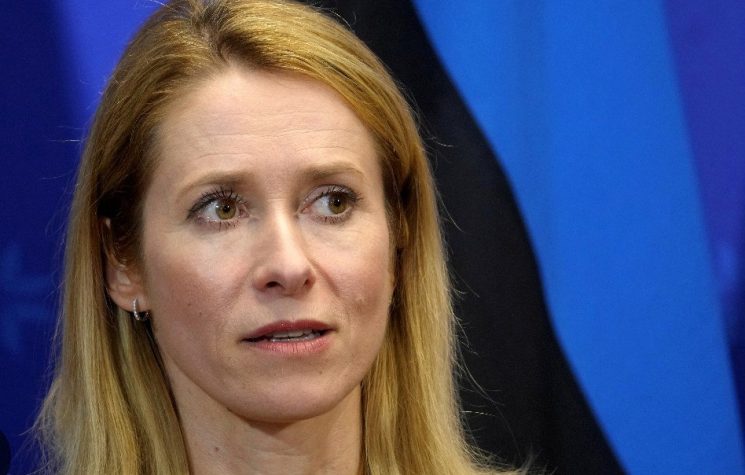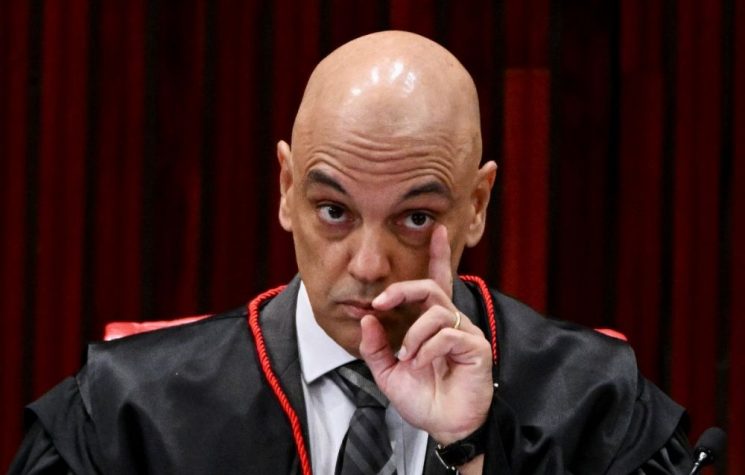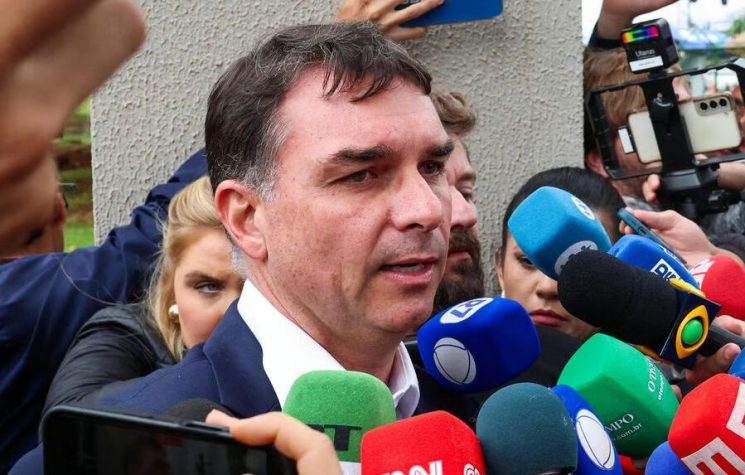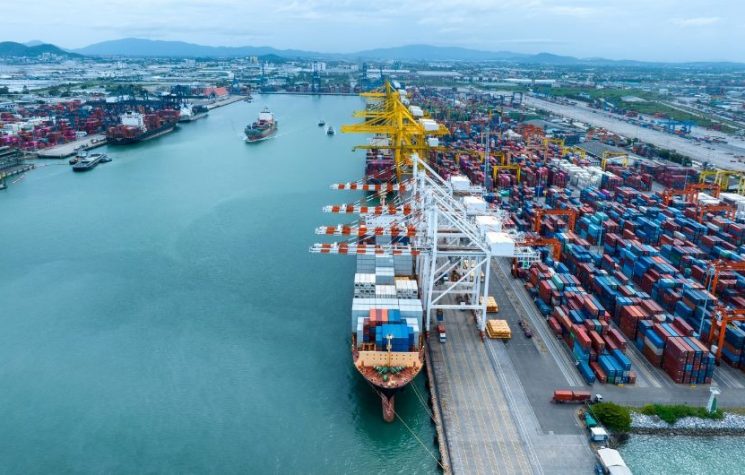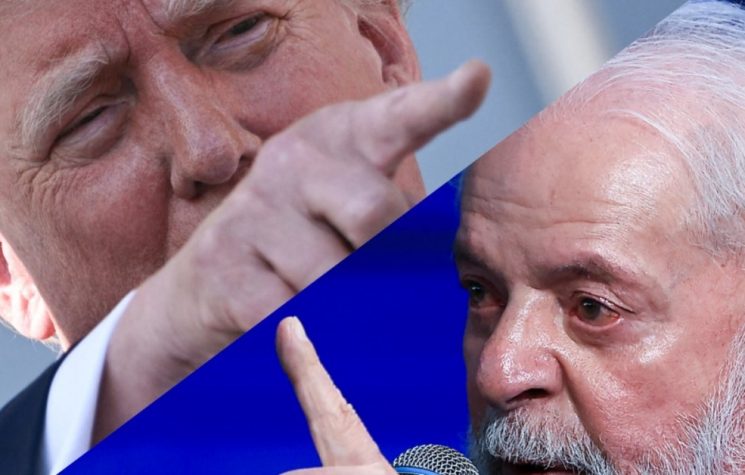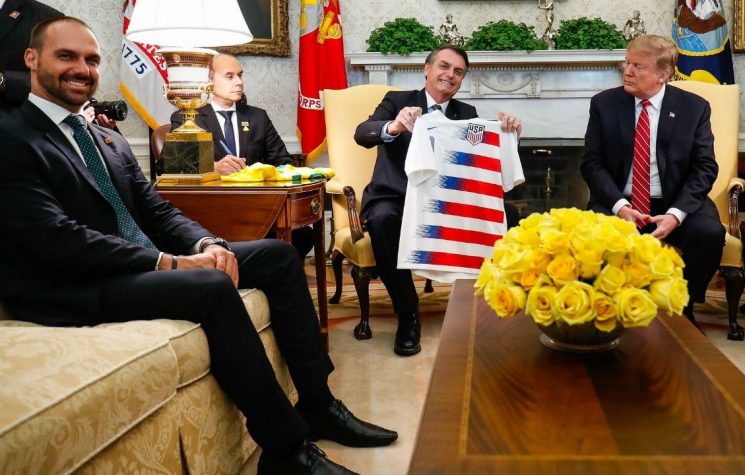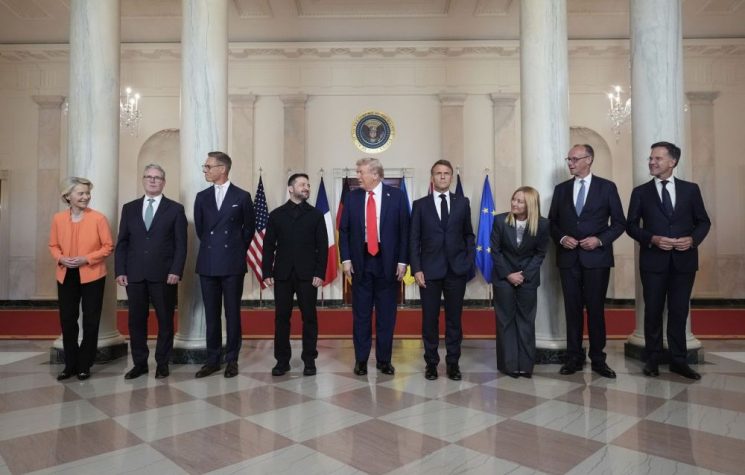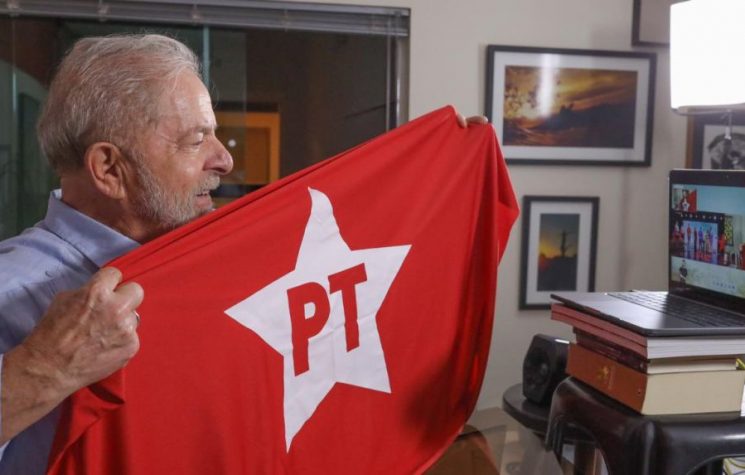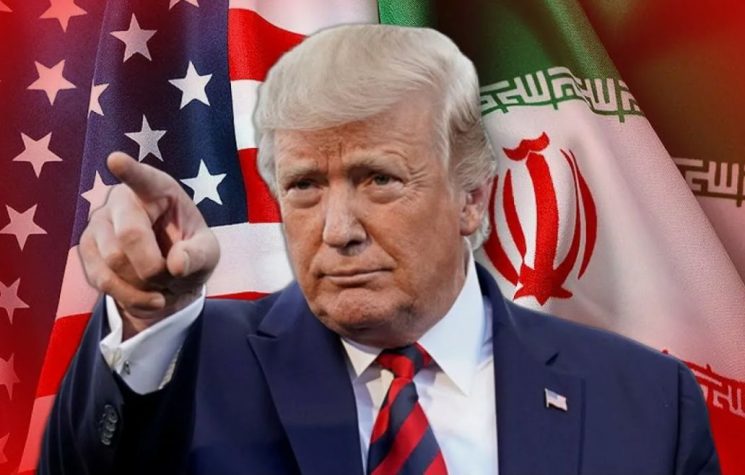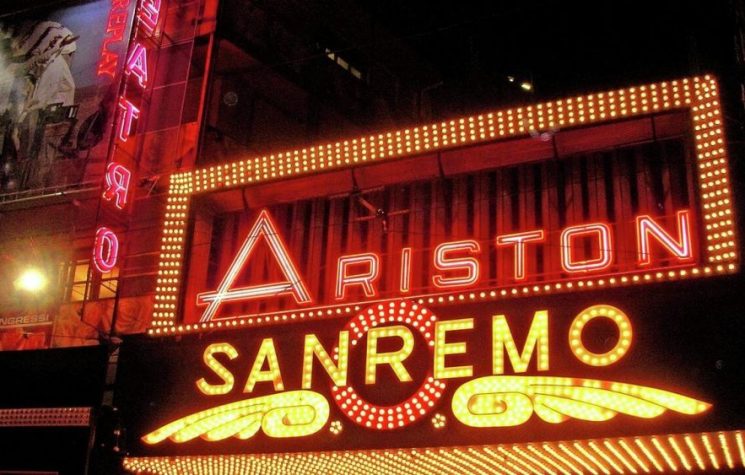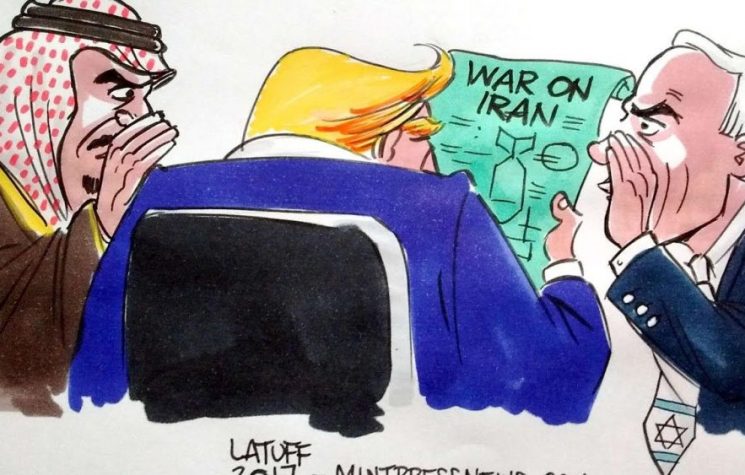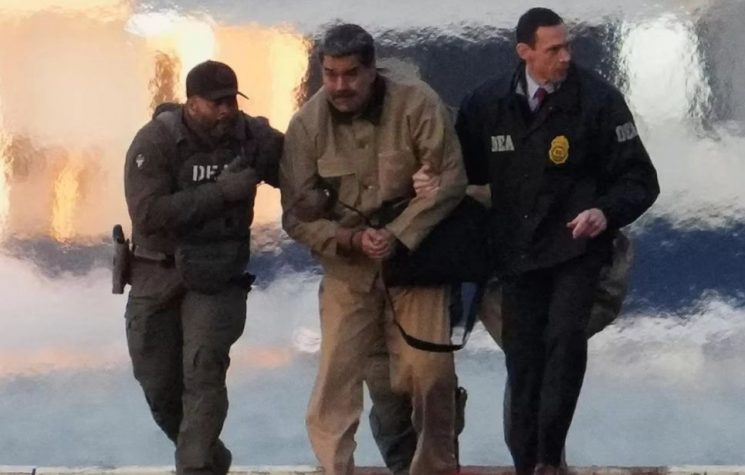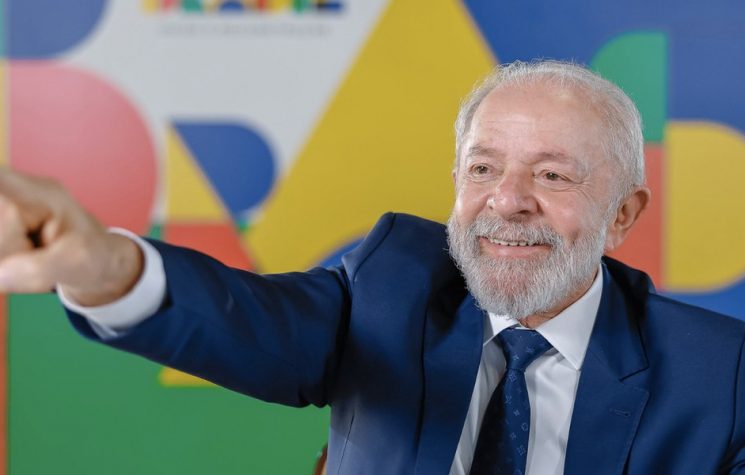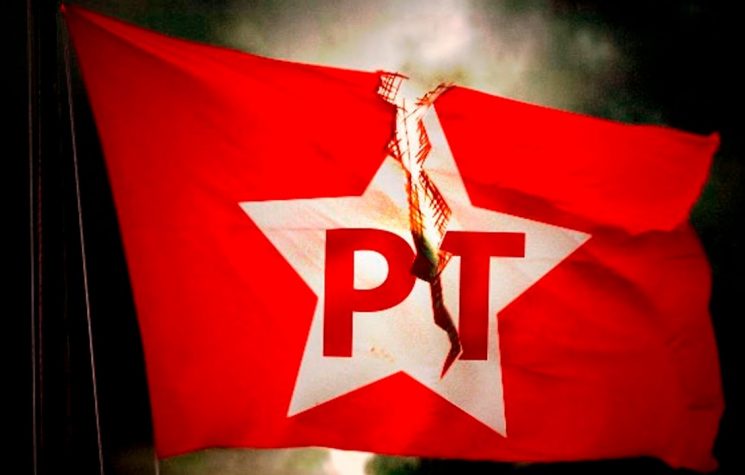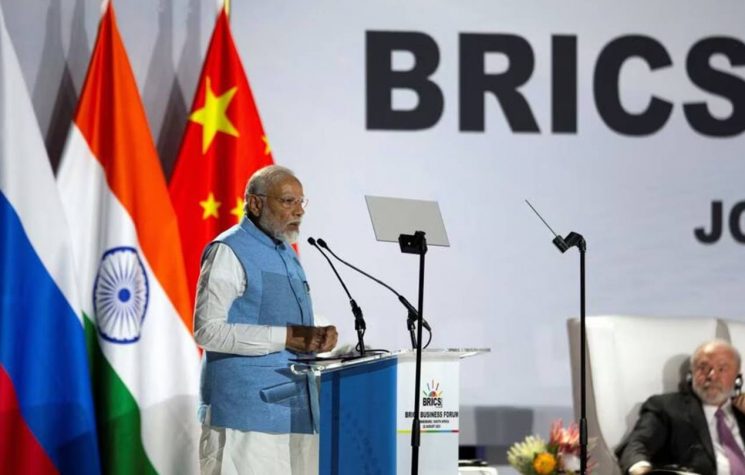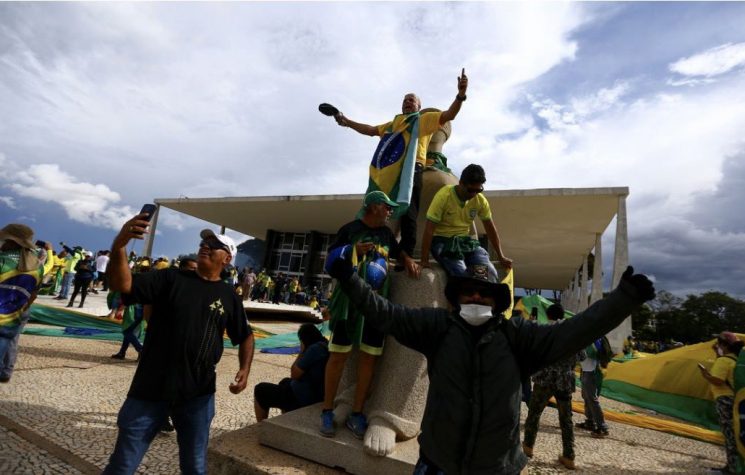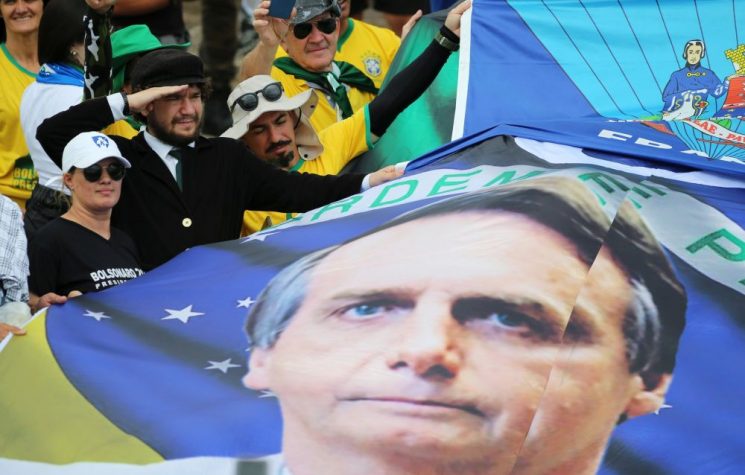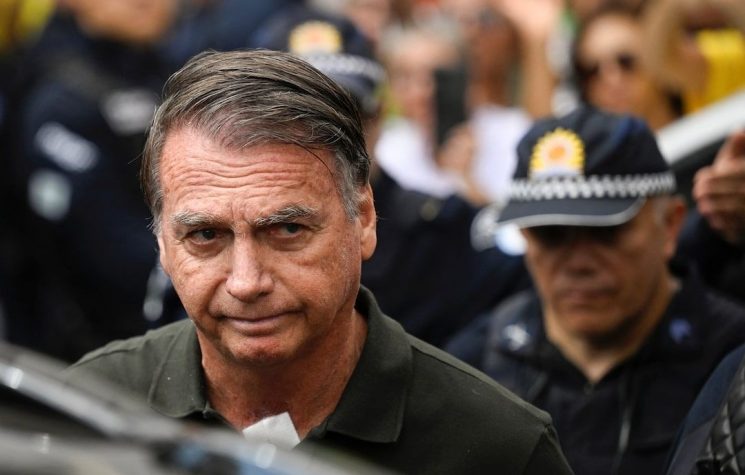Bolsonarism, instead of realizing it had been stabbed in the carotid artery, did itself the favor of jumping off the cliff, ensuring its own death.
Join us on Telegram![]() , Twitter
, Twitter![]() , and VK
, and VK![]() .
.
Contact us: info@strategic-culture.su
On July 9th, a commemorative date for the liberal uprising against Getúlio Vargas, Trump announced the imposition of 50% tariffs on Brazilian products. July 9th was also very close to the end of the deflated BRICS summit, which Xi Jinping did not attend, and where Lula was left defending European delusions like the energy transition.
On July 9th, Lula’s government’s popularity was plummeting, and the Center-Right, even with ministries, was already trying to consolidate Tarcísio de Freitas’s candidacy for president as an opposition to Lula’s party in 2026. The only difficulty was getting Jair Bolsonaro, barred from running and fearing arrest, to endorse Tarcísio’s candidacy. Perhaps to boost his father’s support, Eduardo Bolsonaro positioned himself as a potential Bolsonarist candidate. Persecuted by the joint actions of the Lula’s party (PT) and the Supreme Federal Court (the body that de facto governs Brazil), Eduardo Bolsonaro movet to the United States and positioned himself as the savior of Brazilian democracy: with his excellent personal relationship with President Trump, he could secure sanctions against Alexandre de Moraes—he wouldn’t act like the failed Cuban and Venezuelan oppositions, who ask for sanctions against their own countries.
Thus, Trump’s posts defending Bolsonaro were touted as proof of Eduardo’s great ability to articulate, and that the application of the Magnitsky Act against Alexandre de Moraes was imminent. However, what emerged were 50% sanctions against Brazilian products. What did Eduardo do? Hide in a hole? Say he had nothing to do with the sanction that will punish Brazilian agribusiness, a category that includes powerful supporters of Jair Bolsonaro? Nothing of the sort: he tweeted a thank you to President Trump and urged Brazilians to do the same, so the world can hear our voices. The Magnitsky Act is yet to come.
Eduardo Bolsonaro’s surprising nationalist shift, described here, lasted 1.3 month. Bolsonarist congressman Filipe Barros, who had a more consistent approach to nationalism, gave a moronic, Ted Cruz-style statement condemning Brazil for siding with the Axis of Evil. Furthermore, Eduardo Bolsonaro read a joint statement (in his own name and that of journalist Paulo Figueiredo, grandson of Brazil’s last general president) along the same lines: Brazil is moving away from democracies and toward autocracies. This statement is hard to believe, coming in the same month that Al-Qaeda’s Syrian branch was no longer considered a terrorist organization. Will Alexandre de Moraes fall for being an atrocious tyrant while Jolani represents liberal democracies?
* * *
Ever since the Twitter Files Brazil mini-scandal broke in April 2024, I’ve thought the U.S. has been intent on imposing sanctions on Brazil. It’s simple: the original Twitter Files mini-scandal began in December 2022. In October 2022, Elon Musk purchased Twitter and gained access to files proving cooperation between the FBI and Twitter to censor citizens. A little over a month later, the files were in the hands of journalists. However, the files related to Brazil remained shelved for over a year. The villain in them is Justice Alexandre de Moraes, who acted as the FBI and asked Twitter to censor citizens.
I call them mini-scandals for two reasons. First, because they reveal what was already known through other means: no one needed the Twitter Files to know that U.S. intelligence intervened to cover up the story of Hunter Biden’s laptop. In Brazil, since 2019, the year the Fake News Inquiry was created, it has been crystal clear that the country has been living in a state of emergency led by the judiciary. The other reason is that, for better or worse, the materiality of the allegations should have garnered some media headlines; however, the mainstream media was very discreet. In Brazil, the incident was covered primarily by Gazeta do Povo, which has a 100% pro-NATO and pro-Israel editorial line.
What I thought at the time was that Twitter Files Brazil was a pretext for sanctioning Brazil—and that the move would backfire, since the natural consequence would be to bring Brazil closer to the BRICS.
* * *
Nowadays, we need to keep in mind the phrase that “the future belongs to God.” Lula had distanced himself from the BRICS and adopted a rather negligent diplomacy—it’s surprising that these sanctions didn’t appear sooner. When Biden was in power, Lula behaved like a tropical Biden. After Biden, he began to consider Macron as a kind of friends-with-benefits. Now, he’ll have to talk about sovereignty while his economic policy consists of indebting Brazilians in every possible way—gambling included—to increase revenue and implement welfare policies. The defeat of Lulaism in 2026 was a granted… Until Trump showed up to help.
Bolsonarism, instead of realizing it had been stabbed in the carotid artery, did itself the favor of jumping off the cliff, ensuring its own death.
It’s hard to know what’s to come. At least the tendency to defend (sincerely or insincerely) sovereignty and nationalism has strengthened in Brazil.










